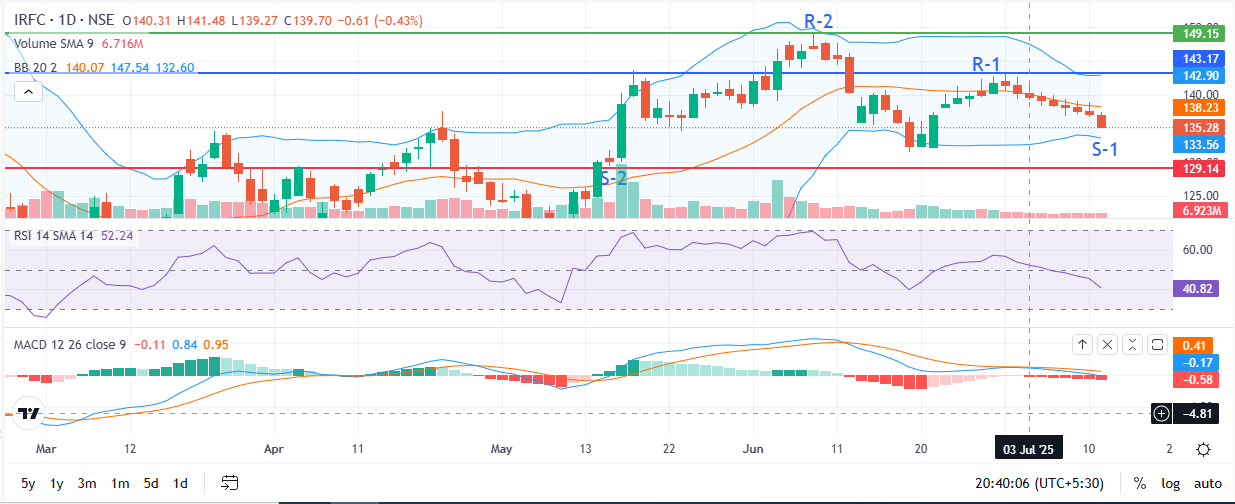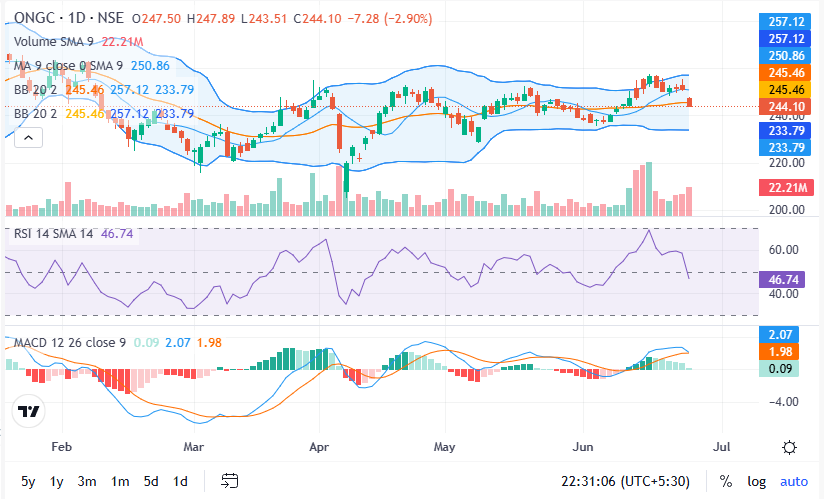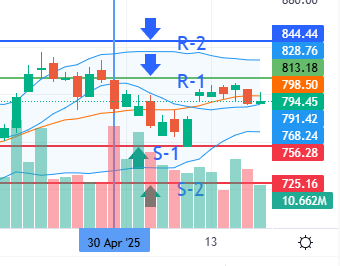Overview
The majority of investors in India are aware with mutual fund SIPs (Systematic Investment Plans). However, are you familiar with Stock SIPs? Stock SIPs could be a smart addition to your portfolio if you think that wealth should be accumulated gradually. Stock SIPs are rapidly becoming more and more popular among retail investors because of growing awareness about long-term financial planning and direct stock ownership.
We’ll go over what stock systematic investment plans (SIPs) are, how they operate, and why they can be a wise choice for building long-term wealth in this article. This might be your next tactical move, regardless of your level of experience with investments or financial matters.
A Stock SIP: What Is It?
You can invest a defined amount in a certain equity share or group of shares listed on the stock exchange at regular intervals (weekly, monthly, or quarterly) using a systematic investment plan, or SIP. With stock SIPs, you purchase shares of a firm directly in small, regular amounts, as opposed to mutual fund SIPs, where your money is pooled and handled by a fund manager.
🔍 How Do Stock SIPs Operate?
Let’s look at an illustration. Let’s say you choose to use a Stock SIP to invest ₹5,000 each month in Tata Motors. Depending on the market price that day, the broker will purchase as many Tata Motors shares as ₹5,000 permits on the SIP date each month. In the long run, this benefits you:
Build up shares over time.
Calculate the purchase price on average (Rupee Cost Averaging).
Do not time the market.
Through this method, the discipline of investing in mutual funds is introduced into the realm of direct equity investment.
Stock SIP Benefits:
1. Disciplined Investing
Stock SIPs enforce investment discipline, just like mutual fund SIPs do. Regular investing is the best way to generate wealth over the long term, regardless of market highs and lows.
2. Averaging Rupee Costs
The price of stocks fluctuates. SIPs lower the risk of making a big investment at the wrong moment by allowing you to average your costs across time.
3. Possess Stock Shares Immediately
In contrast to mutual funds, you have more transparency, dividends, and voting rights when you own equity shares in your demat account.
4. Plans That Can Be Customized
The majority of brokers let you alter the SIP’s frequency, quantity, and stocks. Even theme-based SIPs are available on some platforms (e.g., IT sector, FMCG).
Are You a Good Fit for Stock SIP?
The best investors for a stock SIP are those who:
Want direct authority over their financial investments.
Want to use particular stocks to increase your money over the long run?
Lacking a sizable lump money to invest
Have faith in specific companies and want to amass them over time.
It does, however, necessitate careful stock selection and a fundamental understanding of the stock market. In contrast to mutual funds, you oversee selecting the appropriate equity shares.
📈 Indian investors’ preferred stocks for SIP (as of 2025)
Although you should always conduct your own research, the following well-known businesses are frequently taken into consideration by investors for stock SIPs:
| Company Name | Sector | Reason to Consider |
| HDFC Bank | Banking | Consistent earnings, strong fundamentals |
| Infosys | IT Services | Global presence, strong margins |
| Asian Paints | FMCG | Market leader, brand trust |
| Tata Consultancy | IT Services | Robust business model |
| ITC Ltd. | Diversified FMCG | Strong dividends, undervalued |
*** Keep in mind that these are illustrations rather than suggestions. ***
How to Begin an Indian Stock SIP
Create a Trading and Demat Account
You must have an account with a stockbroker who is registered with SEBI.
Choose Your Stock or Stocks
Select stock that you have long-term faith in. The key is research.
Configure the SIP Information Choose:
Amount invested
Frequency (most often monthly)
Date and length of start
Set up the SIP automatically.
Stock SIP services are available from numerous brokers, including Angel One, Groww, Upstox, and Zerodha. Run it after setting it once.
Review Occasionally
Examine the fundamentals and performance of stocks every six to twelve months. If necessary, you may rebalance.
SIPs for stocks versus mutual funds
| Feature | Stock SIP | Mutual Fund SIP |
| Control | Full (you pick stocks) | Partial (fund manager decides) |
| Cost | Low brokerage, no management fee | Fund management & exit loads |
| Returns | Stock-specific | Diversified, managed |
| Transparency | High (you own shares) | Moderate |
| Risk | Higher (concentrated) | Lower (diversified) |
Things to Remember
Steer clear of penny stocks.
Value is not synonymous with cheap. Remain with businesses that are genuinely sound.
Increase Your Variety
Avoid investing all your SIP funds in a single stock. Make a basket that is balanced.
Maintain a Long-Term Perspective
Stock SIPs require time to grow, just like any other investment.
Track company performance by keeping an eye on macroeconomic variables, industry news, and earnings releases.
In conclusion
In the Indian stock market, a stock systematic investment plan (SIP) can be a potent tool for building long-term wealth. It combines the possibility of equities investing with the dependability of SIPs. Over time, equity shares acquired through SIPs can contribute to the development of a sizable corpus if they are well selected and kept patiently.
As usual, dedication, consistency, and thorough research are crucial.
Disclaimer:
This material is not financial advice; rather, it is meant to be educational and informative only. There are risks associated with stock market investment, therefore before making any decisions, readers should conduct independent research or speak with a licensed financial counselor. The author’s thoughts are their own and may not represent those of this blog or its affiliates.




